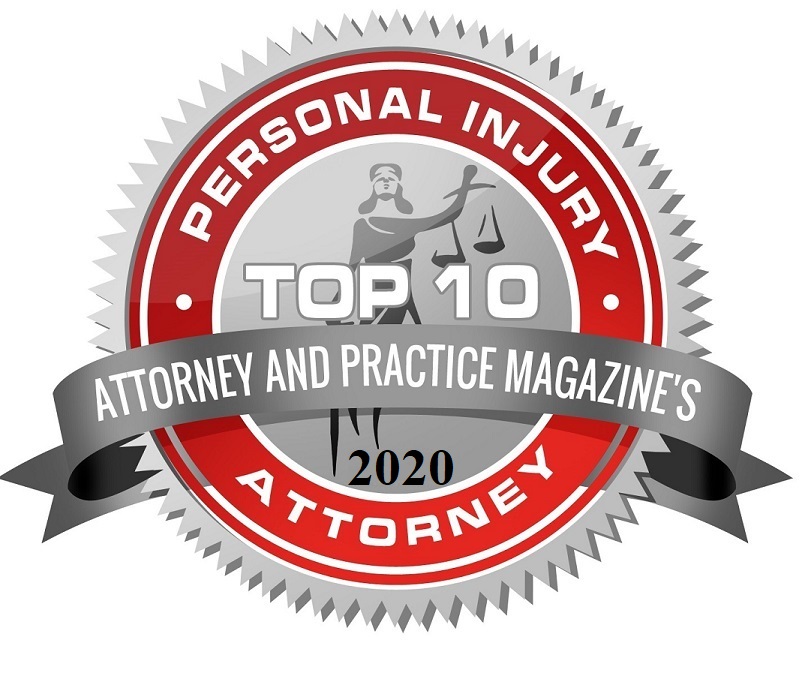Understanding the role of a rideshare company’s insurance in Florida accident cases can be complex due to the unique nature of rideshare operations and the layers of insurance involved. Ridesharing services, such as Uber and Lyft, have become an integral part of daily life, providing convenience and cost-effective transportation options. However, when an accident occurs involving a rideshare vehicle, the process of determining liability and insurance coverage can become complicated. It is essential to understand the dynamics of insurance coverage, the laws governing these cases in Florida, and the potential compensation options available to victims.






Insurance Coverage in Rideshare Accidents
Insurance coverage in rideshare accidents can vary significantly depending on the specific circumstances of the incident, including the rideshare driver’s status at the time of the accident. Rideshare companies like Uber and Lyft have insurance policies that cover drivers and passengers under certain conditions. However, the coverage is not always straightforward, and various factors influence whether the rideshare company’s insurance will be liable for damages.
If a rideshare driver is logged into the rideshare app but has not yet accepted a ride request, the company’s insurance provides limited liability coverage for accidents caused by the driver. This coverage generally includes bodily injury per person, bodily injury per accident, and property damage. However, this coverage is secondary to the driver’s personal auto insurance, meaning the driver’s insurance is primarily responsible for covering damages. Only if the driver’s insurance is inadequate or denied will the rideshare company’s insurance provide coverage.
Once the driver accepts a ride request and is en route to pick up a passenger or during a trip, the rideshare company’s insurance coverage becomes more comprehensive. This coverage typically includes a higher amount of liability coverage, uninsured or underinsured motorist coverage, and contingent comprehensive and collision coverage, provided the driver carries personal comprehensive and collision coverage on their own vehicle. In these situations, the rideshare company’s insurance will cover damages resulting from an accident, regardless of who is at fault.
Determining Liability in Rideshare Accidents
Determining liability in a rideshare accident can be challenging due to the involvement of multiple parties and insurance policies. Florida follows a no-fault insurance system, meaning that after an accident, a person’s own insurance coverage should initially cover their medical expenses and other financial losses up to a specific limit, regardless of who caused the accident. This is known as Personal Injury Protection (PIP) coverage.
However, when injuries are severe or when damages exceed the PIP coverage limits, victims can pursue claims against the at-fault party. In the case of a rideshare accident, the at-fault party could be the rideshare driver, another motorist, or even the rideshare company itself, depending on the specifics of the accident. If the rideshare driver is found to be at fault, their status at the time of the accident will determine whether the rideshare company’s insurance policy applies.
In some cases, multiple parties may share liability for the accident, making the process of filing a claim and obtaining compensation more complex. For example, if a rideshare driver and another motorist are both partially at fault for a collision, both drivers and their respective insurance companies may be responsible for covering the damages. Additionally, if a rideshare company’s negligence, such as failure to conduct proper background checks on drivers, contributes to the accident, the company itself could be held liable.
Navigating Insurance Claims After a Rideshare Accident
Navigating the insurance claims process after a rideshare accident can be a daunting task due to the multiple layers of coverage and the complexities of determining liability. The first step is to report the accident to the rideshare company, as they often have specific procedures for handling such incidents. It is also essential to notify your own insurance company and provide them with all relevant details of the accident.
After reporting the accident, victims may need to file a claim with the rideshare company’s insurance, their own insurance, or the insurance of another driver involved in the accident. Each insurance company will conduct its own investigation to determine the cause of the accident and assess the extent of the damages. This process can involve reviewing police reports, interviewing witnesses, and examining medical records and repair estimates.
Victims should be prepared for potential challenges during the claims process, such as disputes over liability, coverage limits, and the extent of injuries. Insurance companies may attempt to minimize their payouts by arguing that the injuries are not as severe as claimed or that the policy does not cover certain damages. Having a thorough understanding of the insurance policies involved and the legal framework governing rideshare accidents in Florida can help victims navigate these challenges more effectively.
Compensation for Victims of Rideshare Accidents
Victims of rideshare accidents in Florida may be entitled to various types of compensation, depending on the circumstances of the accident and the extent of their injuries. Compensation can cover a wide range of damages, including medical expenses, lost wages, pain and suffering, property damage, and, in some cases, punitive damages.
Medical expenses are often the most immediate concern for accident victims. Compensation can cover the cost of emergency medical treatment, hospital stays, surgeries, medications, physical therapy, and any ongoing medical care required as a result of the accident. It is crucial for victims to keep detailed records of all medical treatments and expenses to support their claims.
Lost wages are another significant component of compensation. If a victim is unable to work due to their injuries, they may be entitled to recover lost income. This includes not only the wages lost during the recovery period but also any future earnings that may be affected if the victim is unable to return to their previous occupation or has to take on a lower-paying job due to their injuries.
Pain and suffering damages are designed to compensate victims for the physical pain and emotional distress caused by the accident. These damages can be challenging to quantify, as they are subjective and vary from person to person. Factors such as the severity of the injuries, the impact on the victim’s daily life, and the duration of the recovery period are typically considered when determining pain and suffering damages.
Property damage compensation covers the cost of repairing or replacing the victim’s vehicle or other personal property damaged in the accident. If the victim’s vehicle is a total loss, they may be entitled to recover the fair market value of the vehicle at the time of the accident.
In some cases, victims may also be eligible for punitive damages, which are designed to punish the at-fault party for particularly egregious or reckless behavior. However, punitive damages are not commonly awarded in rideshare accident cases and are typically reserved for cases involving gross negligence or intentional misconduct.
Choosing The Right Personal Injury Attorney Personal Injury Settlement TimelineRelated Videos
Legal Assistance in Rideshare Accident Cases
Given the complexities of rideshare accident cases and the intricacies of insurance coverage, seeking legal assistance is often crucial for victims. An attorney with experience in handling rideshare accident claims can help navigate the legal and insurance processes, gather necessary evidence, negotiate with insurance companies, and advocate for the maximum compensation possible.
An attorney can also help clarify the various insurance policies that may be involved in a rideshare accident case, determine the appropriate parties to hold liable, and ensure that all deadlines for filing claims are met. This assistance can be invaluable in cases where liability is disputed or when dealing with insurance companies that may attempt to minimize payouts.
Additionally, an attorney can provide guidance on the potential for a lawsuit if a fair settlement cannot be reached through the insurance claims process. In some cases, taking legal action may be necessary to secure the compensation needed to cover the full extent of the damages suffered by the victim.
If you or a loved one has been involved in a rideshare accident in Florida, understanding your rights and the insurance coverage available to you is essential. The process of filing a claim and securing compensation can be complex and challenging, particularly when dealing with multiple insurance policies and parties. At Serrano Law, our dedicated team is here to help you navigate this process and fight for the compensation you deserve. Contact us today for a consultation, and let us guide you through the legal steps necessary to protect your rights and secure the compensation you are entitled to.



